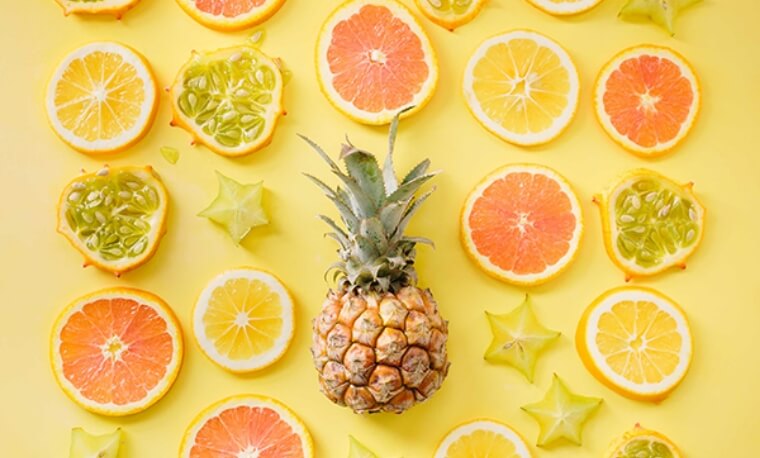
17Feb
Due to some health issues I was recommended to eat more vegetables. Honestly, I was not so good at it before. Vegetables played minor role in my daily diet. I preferred dairy products, meat and grains. Of course, I heard about importance of vegetables consumption. But I didn’t ponder over this topic much. Listening to the doctor’s advice, I started to eat vegetables every day, especially greens. And it gave me better physical and emotional feeling. Now when I am sad, my husband says: “Would you like to eat vegetables?”. Because vegetables as well as fruits work.
Below are a few interesting facts about vegetables and fruits.
- Lifestyle factors and particularly diet have an effect on the mental condition; for example, increase or decrease depression. Studies, conducted in several countries (Canada, USA, Germany, UK, France, Switzerland), showed that daily consumption of vegetables and fruits affects mental health. Due to World Health Organization Global Strategy on Diet, Physical Activity and Health recommendations daily intake should include “a minimum of 400g of fruit and vegetables per day (excluding potatoes and other starchy tubers)”. Weight 400g is equivalent 5 vegetables or fruits. The research in Switzerland indicated that keeping to the 5-a-day recommendation was associated with lower stress level. The similar result was reported by other studies. All of them found an inverse effect of fruit and vegetable consumption on psychological distress.
- Vegetables and fruits provide important nutrition’s: carbohydrates, vitamin A and C, potassium, magnesium and some B vitamins such as Folate. Canada’s Food Guide recommends to eat at least one dark green and one orange vegetable each day. Dark vegetables are rich in folate. Examples include arugula, asparagus, broccoli, Brussels sprouts, collards, fresh parsley, green peas, mustard greens, romaine lettuce, kale and spinach.
- Orange vegetables are important source of carotenoids, which are converted to vitamin A. Examples include carrots, pumpkins, orange-colored squash and sweet potatoes. You also can eat some orange-colored fruits to get carotenoids. These include apricots, cantaloupe, mango and papaya. Oranges content such nutrients as folate and vitamin C. However, they are not good source for carotenoids.
Be healthy and enjoy your meals!
